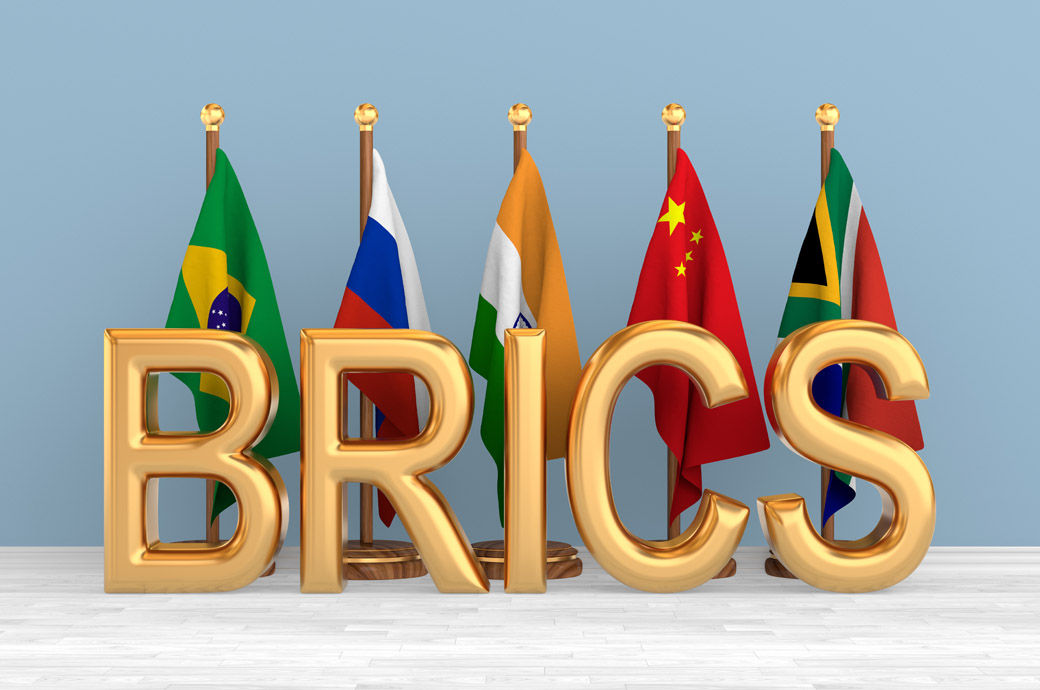
The ministers reiterated their commitment to more meaningful participation of developing and least developed countries, especially in Africa, in global decision-making processes and structures, and making them better attuned to contemporary realities.
They recognised the need for a comprehensive reform of the global financial architecture to enhance the voice of the developing countries and their representation in international financial institutions.
"They recalled the paragraph 45 of the Johannesburg II Declaration tasking the Finance Ministers and Central Bank Governors of the BRICS countries to consider the issue of local currencies, payment instruments and platforms and to report back to the BRICS Leaders," according to a joint statement issued after the meeting.
They recognised the negative impact of unilateral approaches in breach of international law on the world economy and sustainable development.
They condemned unilateral, punitive and discriminatory protectionist measures not in line with international law, under the pretext of environmental concerns, such as unilateral and discriminatory carbon border adjustment mechanisms, due diligence requirements, taxes and other measures and reconfirmed their full support for the call in COP28 related to avoidance of unilateral trade measures based on climate or environment.
They also opposed unilateral protectionist measures, which deliberately disrupt the global supply and production chains and distort competition.
Fibre2Fashion News Desk (DS)